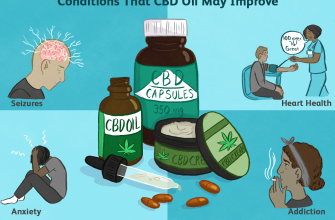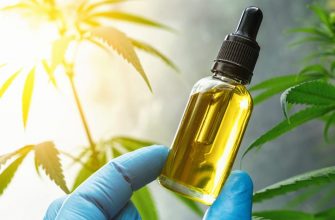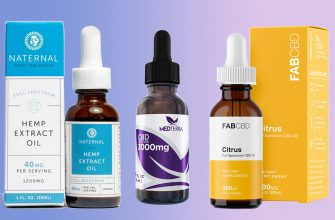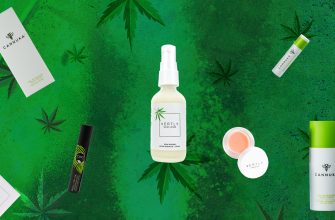cbd info
What is CBD?
Hemp CBD (or Cannabidiol) is a popular natural medicine used for many ailments.
The cannabis plant contains over 100 different natural compounds (or cannabinoids), the best known of which are cannabidiol (or CBD) and tetrahydrocannabinol (or THC).
What’s the difference between CBD and THC?
CBD stands for cannabidiol and THC stands for tetrahydrocannabinol. Both are cannabinoids derived from cannabis plants. The main difference between CBD and THC is that CBD does not create an intoxicating state (narcotic effect). As a result, CBD is legal in many countries, but THC is not.
Is cannabidiol (CBD) a drug?
CBD as a substance is not included in the list of narcotic drugs and psychotropic substances. The substance also does not have a psychotropic effect. However, this list includes all processed hemp products, with the exception of varieties included in the Common Catalog of Varieties of Agricultural Species of the European Union, in which the THC content does not exceed 0.2%. When CBD is extracted from narcotic cannabis, CBD is also considered a drug.
CBD:
Does not give the user a clouding or intoxicating effect
Side effects were not observed
Helps prevent the psychoactive effects of THC
It’s legal in most countries
According to a 2018 study, CBD oil was found to have a beneficial effect on the following issues:
chronic pain
arthritis or joint pain
anxiety and depression
sleep disorder
migraine
cluster and other headaches
post-traumatic stress disorder (PTSD)
nausea
crayfish
allergies or asthma
epilepsy and other seizure disorders
multiple sclerosis
lung disease
Parkinson’s disease





